About the project
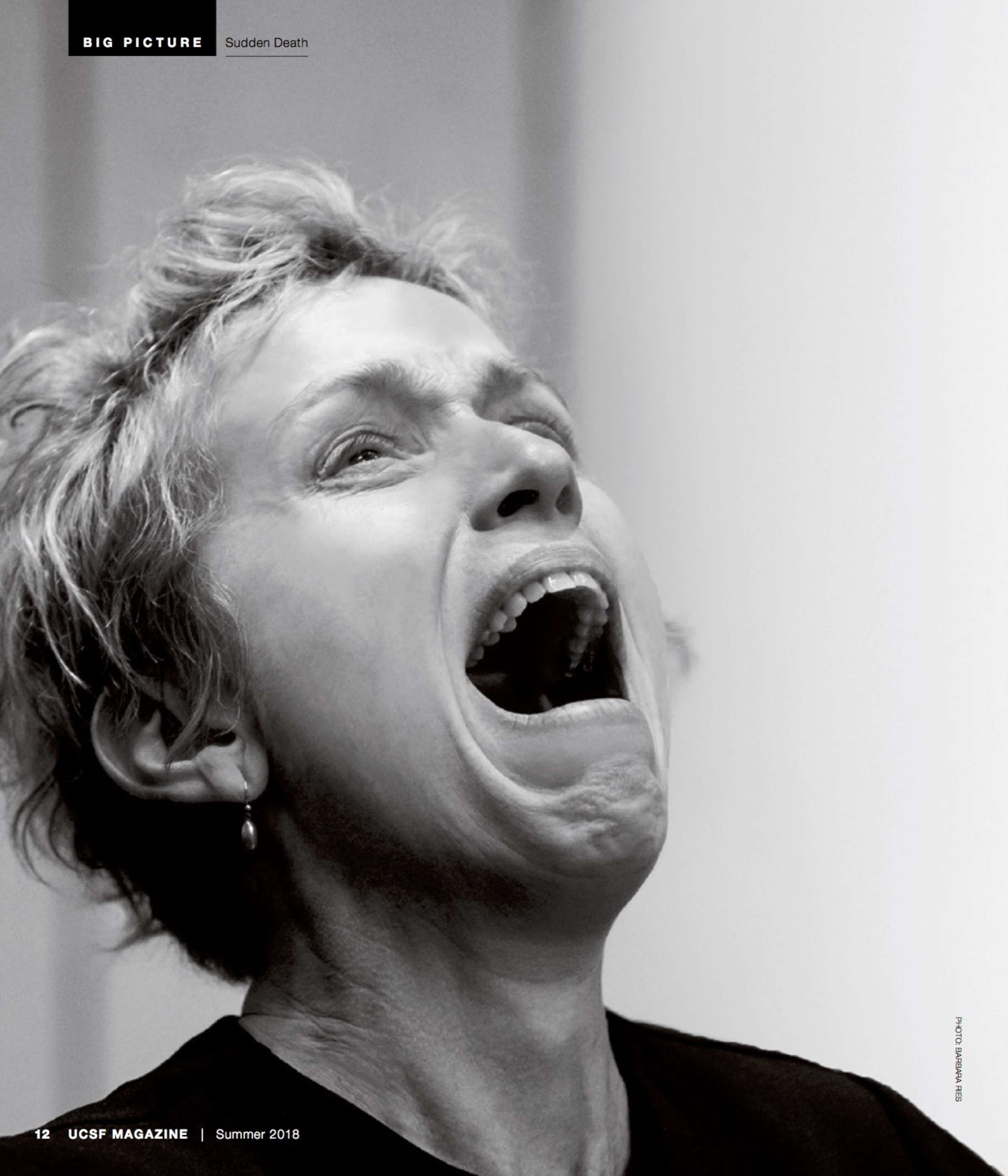
End of Life
Dramatic Reading of Women of Trachis + Philoctetes, by Sophocles
Translated and Directed by Bryan Doerries
End of Life presents readings of ancient Greek plays in public settings and medical communities as a catalyst for facilitated discussions about challenges faced by patients, families, and health professionals today around end of life care. This unique, participatory event is intended to promote powerful, open discussion among diverse communities - public and professional - fostering compassion, cooperation, and understanding about living with chronic suffering and the mortality we all share.
I think we all have to acknowledge that dying, the moment of death, is always going to be fearful and mysterious. And no matter how much you believe in the afterlife, or in rebirth, or the peace of the grave, everybody dies. And it’s okay that it happens. But there is no way that death isn’t going to rupture your reality. And that calls into question what it means to be you. What does it mean for all of us to be mortal? And what does it mean to be a doctor when everyones mortal? Facing those questions is not necessarily comfortable.
About the plays
-
Women of Trachis by Sophocles
Sophocles’ Women of Trachis, tells the story of Heracles—the strongest of all Greek heroes—who has been unintentionally poisoned by his wife, Deineira, after she discovers that he has fallen in love with a younger woman. In an attempt to win back her husband’s affection mistakes a lethal toxin, which was given to her by a dying centaur years ago for a love potion. Deineira sends him a robe dipped in the liquid. When Heracles puts on the robe it immediately eats through his skin, muscle tissue, down through his bones to the marrow. Heracles falls to the ground, clutching his sides, crying out in pain, calling for his teenage son, Hyllus, to come to his aid and to help him put an end to the seemingly endless waves of pain.
-
Philoctetes by Sophocles
Sophocles’ Philoctetes tells the story of decorated warrior who is abandoned on a deserted island because of mysterious chronic illness that he contracts on the way to the Trojan War. Nine years later, the Greeks learn from an oracle that in order to win the war they must rescue him from the island. When they finally come for him, the wounded warrior must overcome nine long years of festering resentment and shame in order to accept help from the very men who betrayed him.
End of Life Highlights
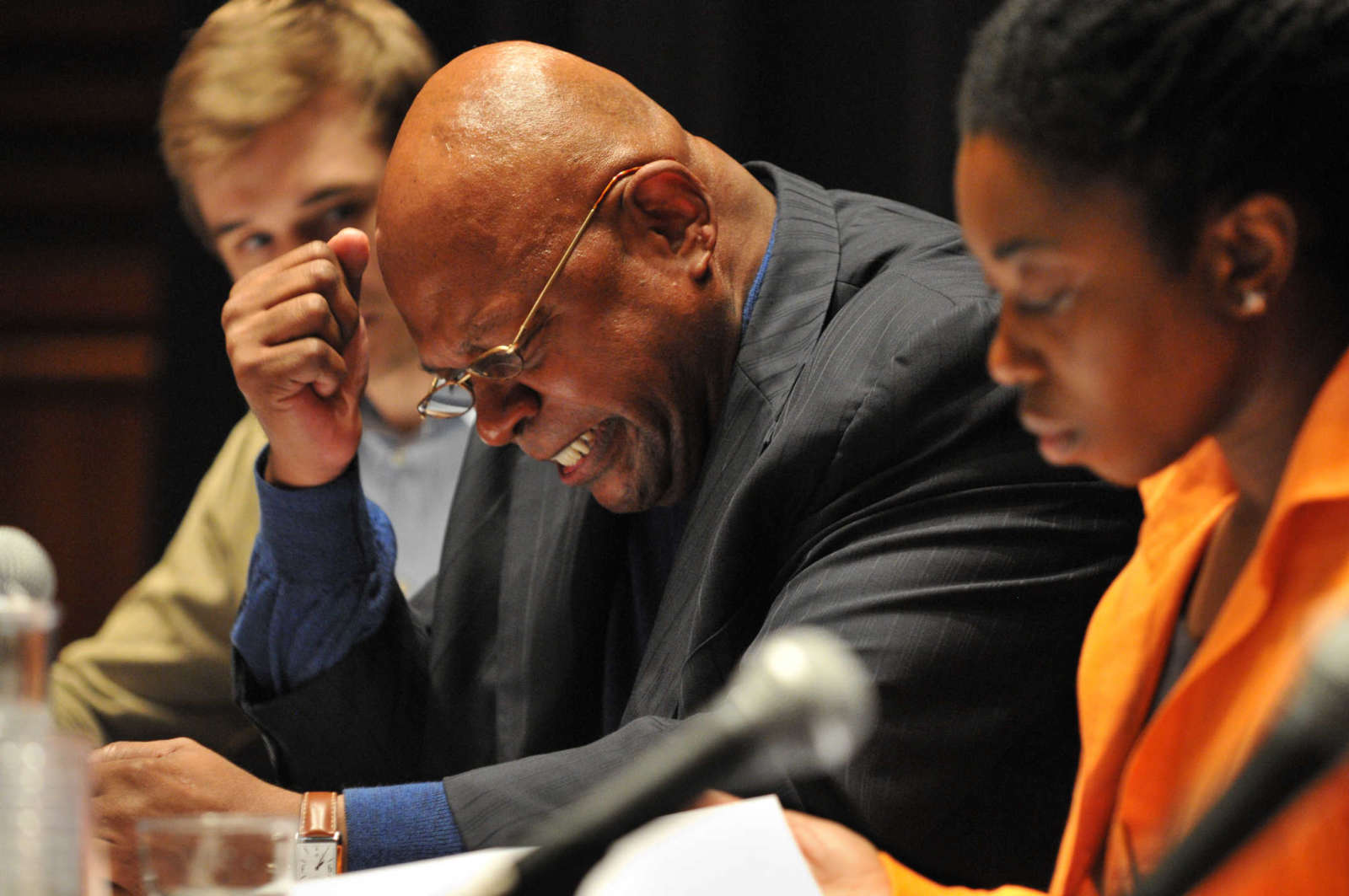
Charles S. Dutton as Hercules in Women of Trachis
Harvard Medical School / 2010

Screams from Greek stage aim for doctors’ hearts Drama animates issues in Harvard ethics course
Harvard Medical School / 2010
Read the article on Boston.com
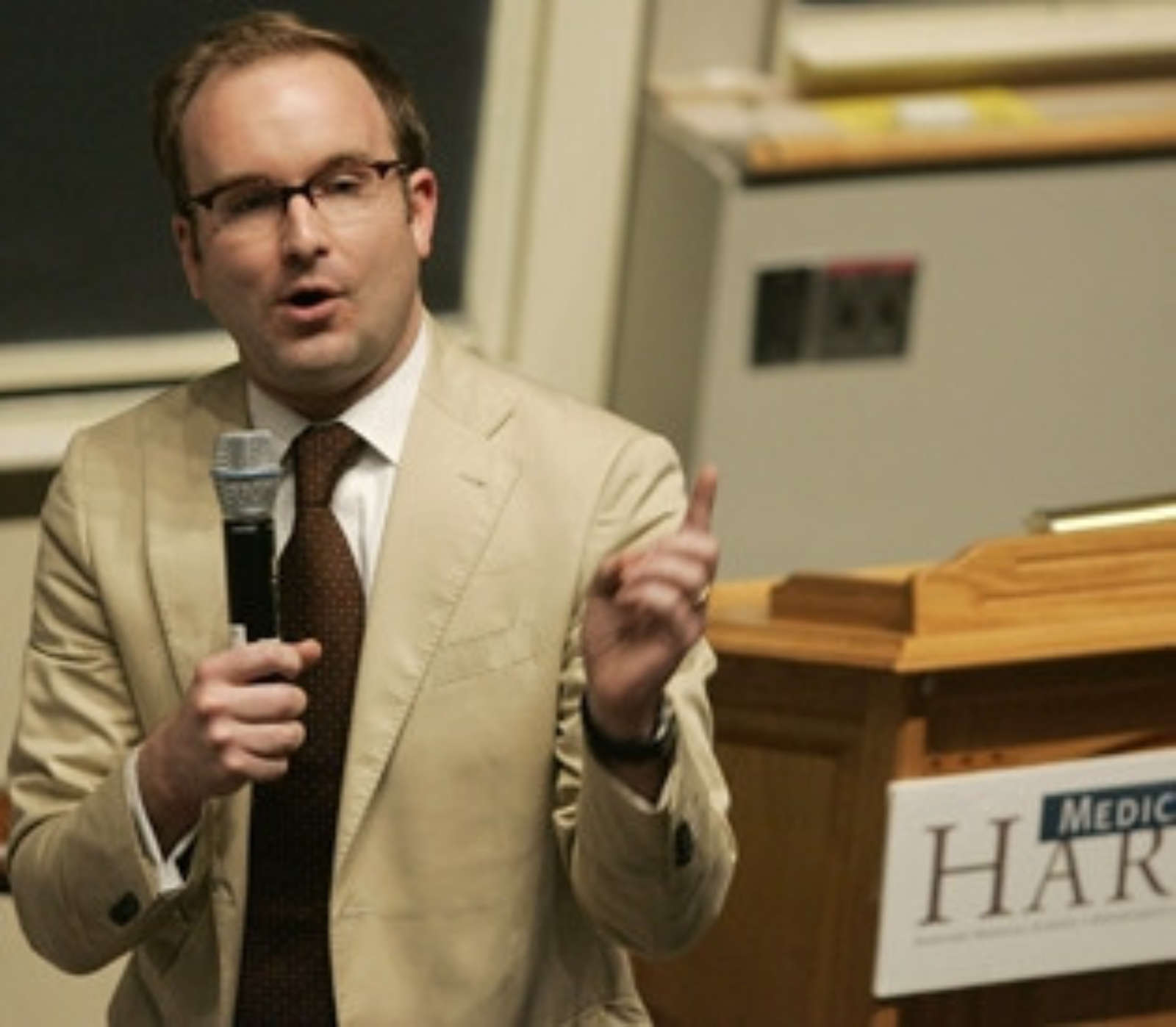
Theater of the mind, heart and spirit
Harvard Medical School / 2010
End of Life - Women of Trachis Reading │ IOM Committee on Approaching Death
Chautauqua Institution CHQ Health Care Forum / 2013
Explore Projects
-
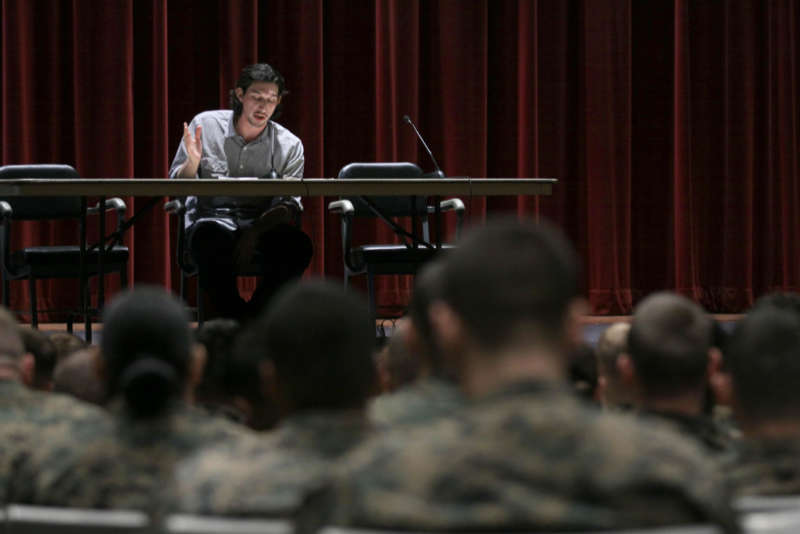 Addiction & Substance AbuseRum and Vodka
Addiction & Substance AbuseRum and VodkaThis project presents a one-man Irish play about a 24-year-old whose life is coming apart, due to drinking, in order to provoke discussions about alcoholism and addiction within diverse communities.
-
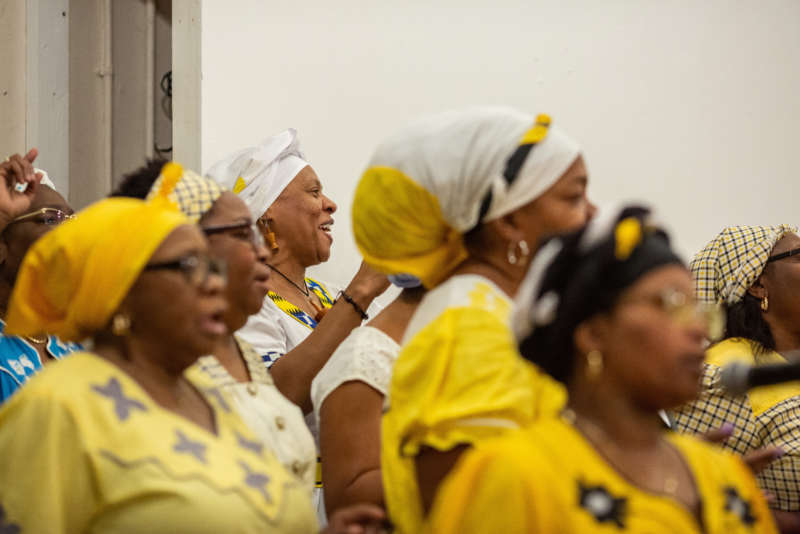 Refugees & ImmigrationThe Suppliants Project
Refugees & ImmigrationThe Suppliants ProjectThe Suppliants Project tells the timeless story of fifty female refugees seeking asylum at a border from forced marriage and domestic violence. The play not only depicts the struggle of these women to cross into safety, but also the internal struggle within the city that ultimately receives them. Using a 2,500-year-old tragedy by Aeschylus as a catalyst for powerful gatherings and crucial conversations, The Suppliants Project engages diverse audiences in humanizing, constructive dialogue about the challenges and impact of war, migration, and seeking asylum.
-
 GenocideThe Investigation
GenocideThe InvestigationTheater of War Productions and the Museum of Jewish Heritage, in partnership with the National Yiddish Theatre Folksbiene, present readings of scenes Peter Weiss' play The Investigation, a piece of documentary theater adapted from the Frankfurt Auschwitz Trials of 1963-1965. This project centers on guided discussions about mass murder and its lasting impact upon individuals, families, communities, and countries throughout the world. Performed by a diverse cast, including international performers from communities affected by genocide, The Investigation seeks to generate powerful dialogue across cultures and communities about the human capacity for evil, as well as the systems and hierarchies that create the conditions for unthinkable violence.



